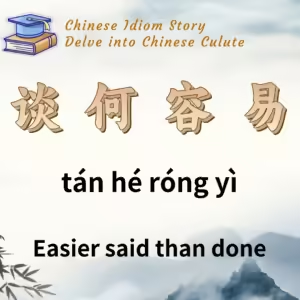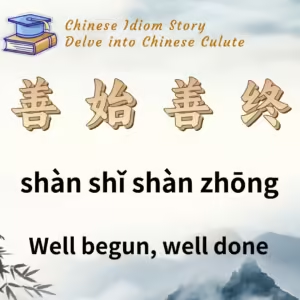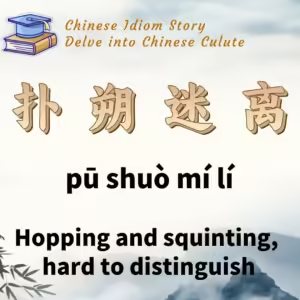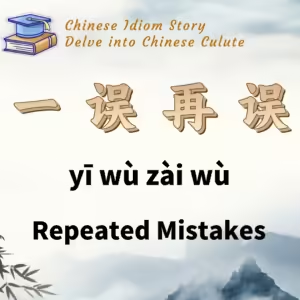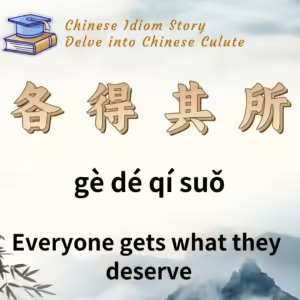
Chinese Idiom: 各得其所 (Ge De Qi Suo)
English Translation: Everyone gets what they deserve
pīn yīn: gè dé qí suǒ
Idiom Meaning: This idiom refers to the idea that everyone is appropriately placed or receives what they need. It can also imply that every matter is properly arranged.
Historical Source: 周易 · 系辞下》 (The Book of Changes, Commentary on the Appended Judgments)
Idiom Story:
In the Western Han Dynasty, there is a story recorded in 《汉书·东方朔传》 (The Book of Han, Biography of Dongfang Shuo). It involves Princess Longlu, the sister of Emperor Wu (Liu Che), and her son, Zhao Ping Jun, who was known for his reckless behavior.
When Princess Longlu fell seriously ill, she became worried that after her death, her son would continue his misdeeds, potentially leading to serious legal consequences and even the death penalty. Consequently, she approached Emperor Wu to discuss this matter, offering 1,000 catties of gold and 10 million coins to preemptively redeem her son from a death sentence. Emperor Wu agreed at the time.
Shortly after the death of Princess Longlu, Zhao Ping Jun indeed committed murder while intoxicated and was subsequently arrested. According to the law, murder carried the death penalty. Emperor Wu found himself in a difficult position: if he sentenced Zhao Ping Jun to death, he would be executing his sister’s only son, whom she had entrusted to him before her passing; yet if he pardoned him, he feared it would incite public outrage and undermine the law, leading to a loss of faith in governance.
With tears in his eyes, Emperor Wu sighed for a while but ultimately approved Zhao Ping Jun’s death sentence.
At this moment, a witty and eloquent minister named Dongfang Shuo approached the emperor and raised a toast, saying: “I have heard that a wise emperor rewards merit without prejudice and punishes crimes regardless of kinship. You have achieved both of these. As a result, throughout the realm, all the people will each get what they deserve, which is a great fortune for the country!” His words suggested that the citizens would find stability and happiness, making it a significant blessing for the nation.
Hearing this, Emperor Wu remained silent and left for the palace, deeply saddened. In the evening, he summoned Dongfang Shuo again and asked, “Why did you toast me in my time of grief?” Dongfang Shuo replied, “Your impartiality in governance and adherence to the law is praiseworthy; it should not be a cause for sadness.”
Emperor Wu was pleased with Dongfang Shuo’s response and rewarded him with 100 bolts of silk.
Based on this story, the idiom 各得其所 emerged, illustrating the principle that in a just society, everyone receives their rightful place and recognition.


